The University has identified a cyber security incident within our systems.
On 7 December 2023, the University of Wollongong experienced a cyber security incident. The incident was detected and contained rapidly and teams have been working diligently to fully determine the impact.
The University sincerely apologises for any inconvenience to staff and students and wishes to reiterate that the impacted system has been contained and all necessary actions taken to strengthen controls in an effort to prevent similar incidents occurring. Our commitment to data protection and integrity remains a key priority.
The completed investigation has included external experts and, as a result of this investigation, we are able to inform people about the individual impact of the incident on our staff and students.
UOW has partnered with IDCARE, Australia’s national identity and cyber support community service, to provide the most up-to-date support and advice to impacted staff and students. IDCARE’s expert case managers will work with impacted individuals to address concerns about any risk to personal information and any instances where they think information might be misused.
Staff who want to discuss their individual situation further can create a P&C Help Desk Ticket.
Students who want to discuss their individual situation further can contact AskUOW.



